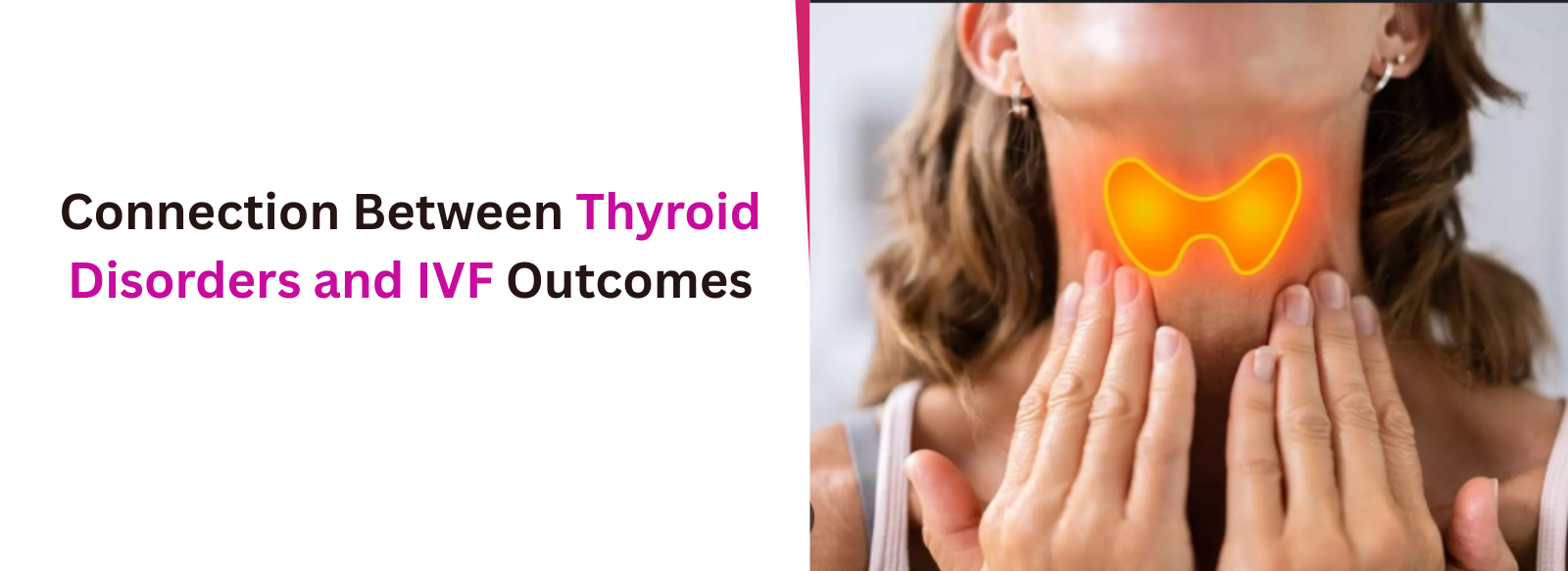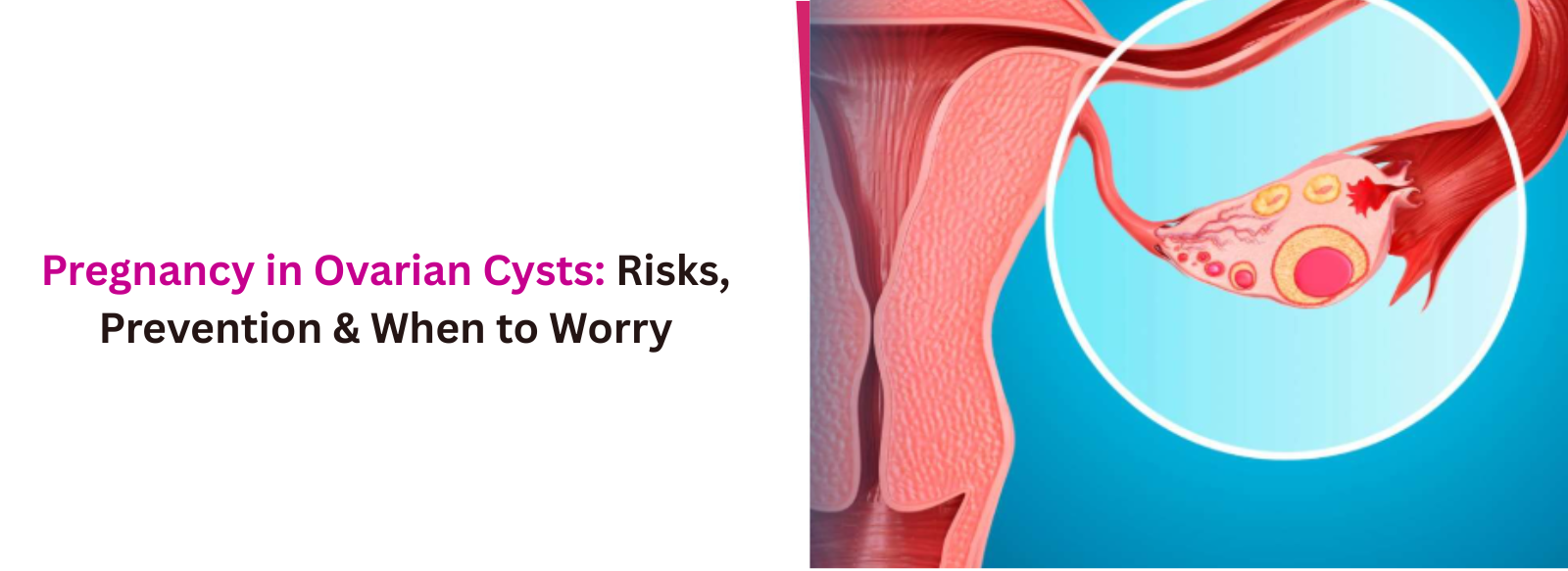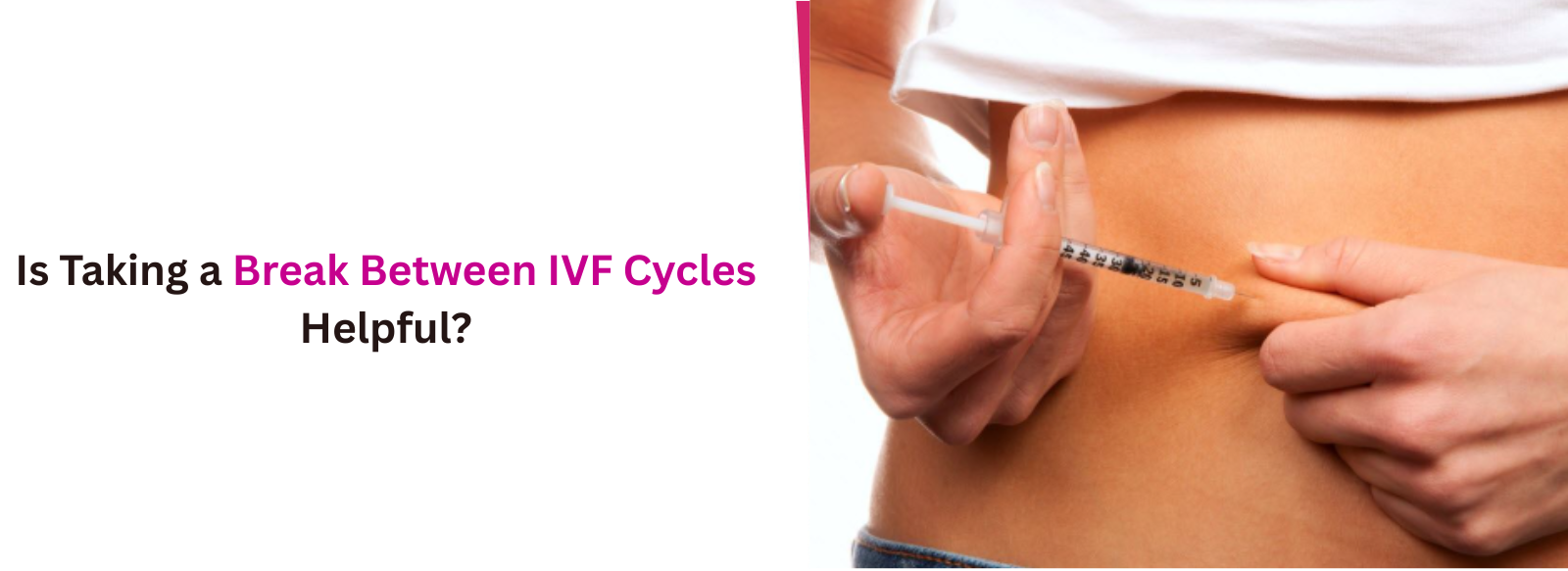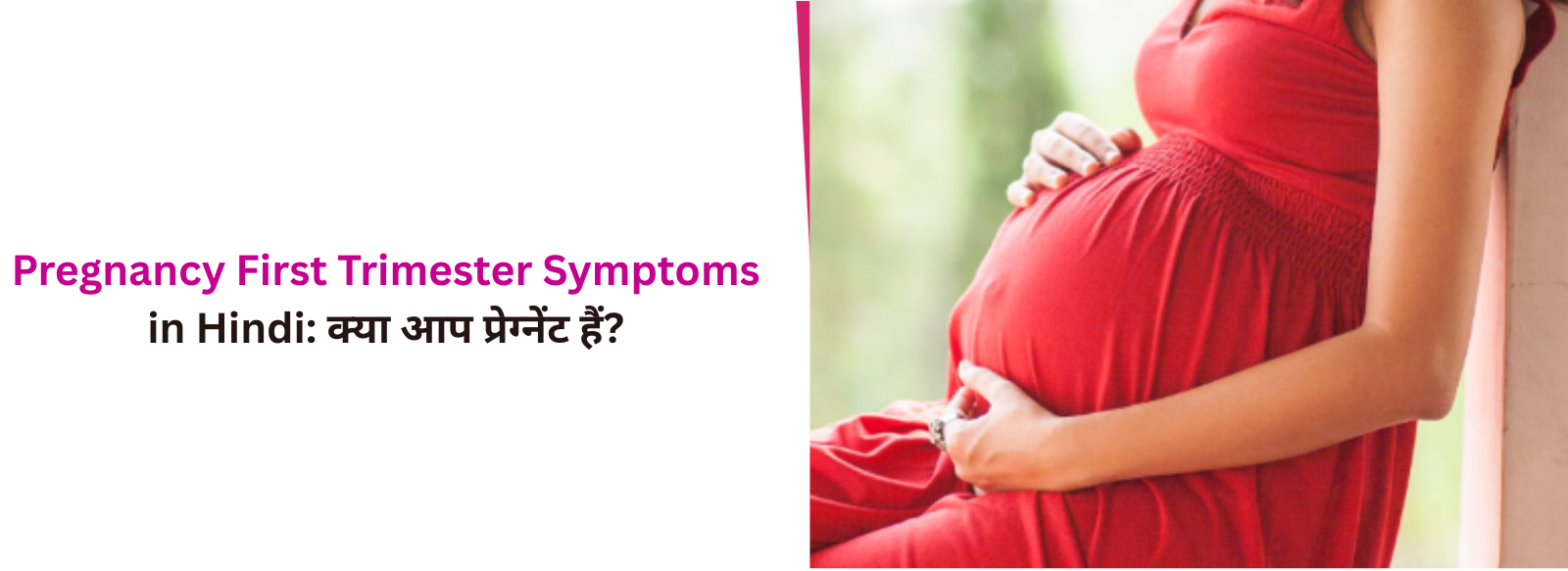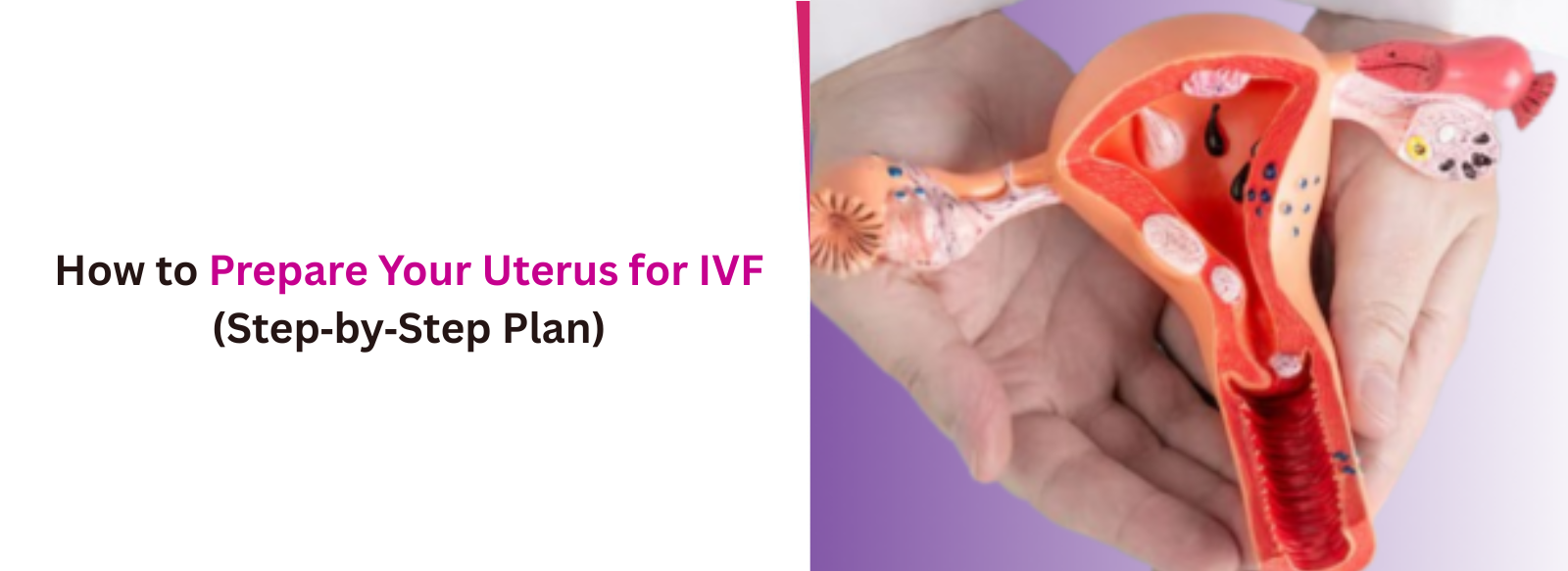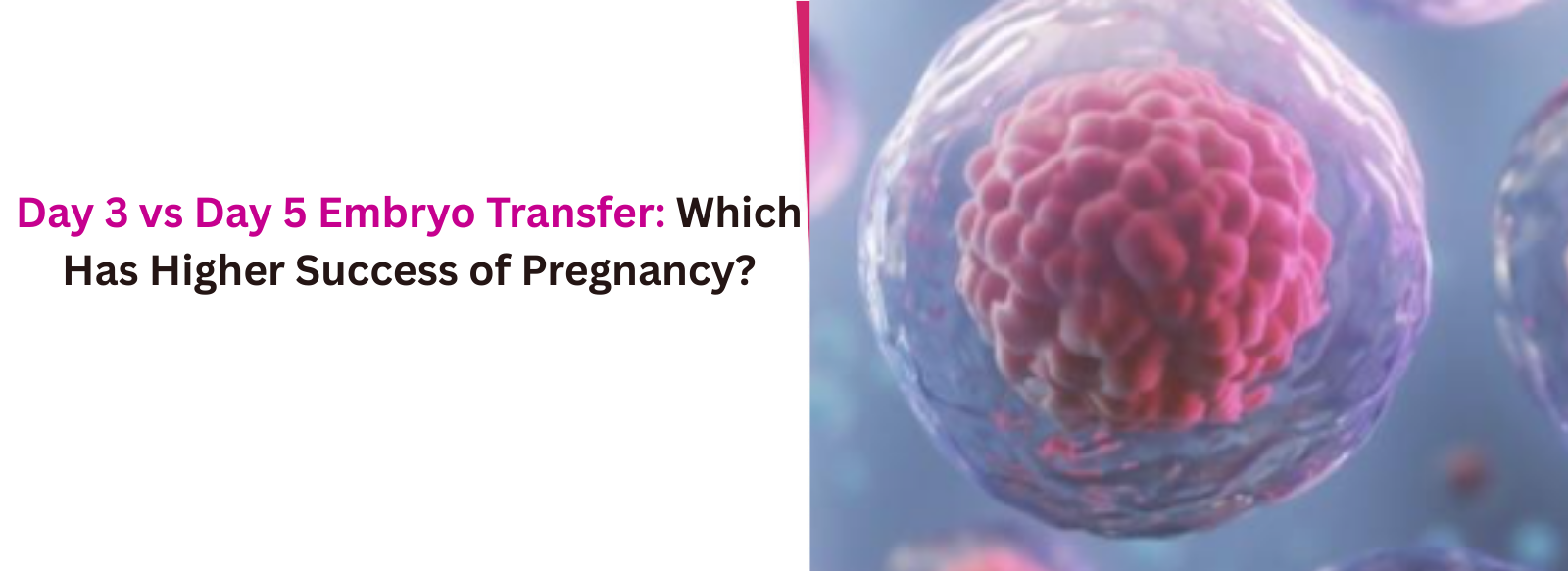Thyroid hormones play a central role in reproductive physiology: they influence menstrual regularity, ovulation, ovarian follicle development, and the endometrial environment needed for implantation. Even subtle thyroid dysfunction or the presence of thyroid autoantibodies can increase the risk of early pregnancy complication that stimulated IVF cycle. Because many thyroid problems are treatable, identifying and optimizing thyroid function before ovarian stimulation is a high-value, low-risk step to improve safety and give every IVF cycle the best chance to succeed. Clinical guidelines therefore recommend targeted screening and individualized management of thyroid disease in women planning pregnancy or ART.
Thyroid physiology & common disorders that matter in IVF
The thyroid gland produces thyroxine (T4) and triiodothyronine (T3); the pituitary-regulated thyroid-stimulating hormone (TSH) is the usual first-line test to assess thyroid status. Relevant laboratory markers before IVF include serum TSH, free T4 (fT4), and thyroid autoantibodies, most commonly anti-thyroid peroxidase (anti-TPO) and anti-thyroglobulin (anti-Tg). Clinically important conditions are:
Overt hypothyroidism: elevated TSH with low fT4, clearly harmful in pregnancy and needs treatment.
Subclinical hypothyroidism (SCH): elevated TSH with normal fT4, more controversial in fertile and infertile populations, but often monitored or treated when TSH is substantially elevated or when autoantibodies are present.
Thyroid autoimmunity (TPO-Ab positive, euthyroid): presence of antibodies without abnormal TSH/fT4, associated in some studies with higher miscarriage risk.
Hyperthyroidism: less common but requires specialist stabilization prior to conception.
How thyroid function affects fertility & early pregnancy?
Thyroid hormones interact with reproductive hormones at several levels. Inadequate thyroid function can disrupt gonadotropin signaling, impair follicular development, and cause menstrual disturbances that reduce spontaneous conception. In ART cycles, abnormal thyroid status may negatively affect oocyte quality, embryo development, or endometrial receptivity, all critical for implantation and progression to clinical pregnancy.
Separately, thyroid autoantibodies are hypothesized to reflect or provoke an immune environment less hospitable to early pregnancy, which may partly explain observed associations with higher miscarriage rates in some cohorts.
Finally, pregnancy increases thyroid hormone demand; an under-replaced hypothyroid patient can become more hypothyroid during the first trimester if not anticipated and monitored. Because of these mechanisms, optimizing thyroid function before and during stimulation and in early pregnancy is a commonly recommended strategy in fertility practice.
What the evidence says about thyroid disorders & IVF outcomes?
Overt hypothyroidism clearly increases risks to maternal health and impact of thyroid on pregnancy outcomes and should be treated before conception. Treating with levothyroxine and achieving pregnancy-appropriate TSH targets reduces those risks.
Subclinical hypothyroidism (SCH). Evidence is mixed.
Several recent reviews and guideline statements note that treating SCH before pregnancy does not consistently increase live birth rates in all infertile women, though benefit appears more likely when TSH is substantially elevated (for example, >4.0 mIU/L) or when there is a history of recurrent pregnancy loss. Consequently, practice is shifting toward individualized decisions that consider TSH degree, infertility history, and patient preferences.
Thyroid autoimmunity (TPO-Ab positive, euthyroid). Observational studies have linked TPO positivity with higher miscarriage rates, but randomized trials are less reassuring about routine levothyroxine therapy for euthyroid, TPO-positive women. The TABLET randomized trial, one of the largest experiments in this space, found no improvement in live birth rates with levothyroxine in euthyroid, TPO-positive women attempting conception, highlighting that routine universal treatment is not currently supported. Still, the presence of antibodies identifies patients who may benefit from closer monitoring and tailored counselling.
Hyperthyroidism. Uncontrolled hyperthyroidism is associated with obstetric complications and should be stabilized with endocrinology input before initiating IVF. Management choices depend on the cause (e.g., Graves’ disease) and must balance maternal control with fetal safety.
Practical Screening & Target Values Before IVF
Recommended baseline tests for anyone preparing for IVF are serum TSH and free T4; add anti-TPO (and anti-Tg as indicated) when there is a history of autoimmune disease, recurrent miscarriage, or abnormal TSH. Many centers aim for a preconception TSH ≤2.5 mIU/L, especially in the first trimester, because pregnancy physiology often raises thyroid requirements.
However, guideline authors stress individualization and note that evidence for a single universal cut-off is imperfect. For patients with known thyroid disease or positive antibodies, earlier referral to endocrinology and closer follow-up are appropriate. If TSH is mildly elevated (e.g., 2.5–4.0 mIU/L), the decision to treat is made case-by-case, taking into account age, IVF history, antibody status, and prior pregnancy losses.
Thyroid Disorders Management Approach
If overt hypothyroidism or markedly elevated TSH: start or adjust levothyroxine to achieve an appropriate preconception TSH (often ≤2.5 mIU/L) and coordinate with an endocrinologist. If SCH (TSH modestly raised): many clinics consider levothyroxine when TSH is >4.0 mIU/L, with individualized discussion for values between 2.5 and 4.0. If TPO-Ab is positive but euthyroid, routine levothyroxine is not universally recommended.
Instead, provide counseling about potential risks and institute more frequent thyroid monitoring if pregnancy occurs. During ovarian stimulation and after a positive pregnancy test, check TSH/fT4 earlier and more often in patients with known thyroid disease or antibodies; many patients on replacement require dose increases in the first trimester. Multidisciplinary coordination between the IVF team and endocrinology ensures safe, evidence-based care.
Vardaan IVF Clinic: Recommended Clinic Protocol
Pre-IVF checklist (example):
Order baseline TSH and free T4 for all patients planning IVF; add anti-TPO if there is a history of autoimmune disease, miscarriage, or prior thyroid dysfunction.
If TSH >4.0 mIU/L or overt hypothyroidism, start/adjust levothyroxine and refer to endocrinology before stimulation.
If TSH is 2.5–4.0 mIU/L: discuss individualized options (monitor vs low-dose levothyroxine) with the patient and consider antibody status.
If anti-TPO is positive and euthyroid, document, counsel, and plan closer monitoring during stimulation and early pregnancy.
Communicate the plan in the patient chart: who prescribes, follow-up timing, and endocrinology contact details.
This protocol keeps the pathway simple, clinically sensible, and reproducible across our clinic team.
Case Vignette Suggestions
Vignette A (improved planning): A 34-year-old with unexplained infertility had TSH 5.2 mIU/L on pre-IVF testing. Levothyroxine was started, and TSH normalized to 1.8 before stimulation; the cycle proceeded safely and resulted in a healthy singleton pregnancy.
Vignette B (monitoring with antibodies): A 30-year-old was euthyroid but TPO-positive. She was counselled about risks, monitored closely during stimulation, and remained euthyroid through early pregnancy, reducing anxiety and avoiding unnecessary overtreatment.
Final Takeaway
Thyroid optimization is a modifiable factor that can reduce risks and support the best possible IVF outcome. Vardaan IVF Clinic follows evidence-based screening and tailored management to personalize care before stimulation and into early pregnancy. Book a Pre-IVF Thyroid & Fertility Assessment at Vardaan IVF hospital, and ask for our dedicated pathway.

